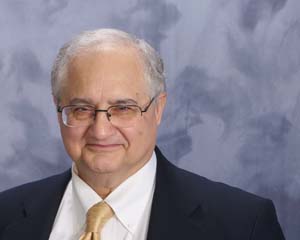Factors Affecting the Future of Higher Education: Time-to-Degree
Farhad (Fred) Saba, Ph. D.
Founder and Editor, Distance-Educator.co
The dramatic increase in popularity of higher education in the past 30 years has resulted in a major change in the profile of students attending colleges and universities. No longer the majority of the student body consists of full-time in-residence young men and women between 18 and 25 years of age. In fact, 75% of students are now characterized as non-traditional as reflected in a recent study by Complete College America (2011) a non-profit organization. Today, the average age of students is higher as many older adults in the work force are compelled to attend college to improve their skills. In addition, even college age students are now working in a part-time job, and have family responsibilities as well. The combination of attending college part-time, with family and work responsibilities has dramatically reduced the chance of college students to complete their degree programs on time. The following table reflects time-to-degree for students who are enrolled in three types of programs as adapted from the Complete College America report (2011).
| Certificate | Associate | Bachelor’s |
| Should take 1 year | Should take 2 years | Should take 4 years |
| Full-time students take 3.3 years | Full-time students take 3.8 years | Full-time students take 4.7 years |
| Part-time students take 4.4 years | Part-time students take 5 years | Part-time students take 5.6 years. |
Table 1 -Time-to-degree for three programs adapted from Complete College America (2011) page 12.
The disappointing aspect of remedial education programs is that those who enroll in them by-and-large do not complete their college degree at all.
What’s more, those who enter college are unprepared to complete their program of study. As reflected in the same report, 51% of those in the associate degree level require remedial programs while 20.7% of those enrolled in a bachelor’s degree level require additional help to succeed. The disappointing aspect of remedial education programs is that those who enroll in them by-and-large do not complete their college degree at all. The report characterizes these programs as a “Bermuda triangle” and calls for just-in-time assistance to students to succeed in required and elective courses they must complete for a degree program.
REFERENCE
Complete College America (2011). The completion shortfall. Retrieved from http://www.completecollege.org/completion_shortfall/.








